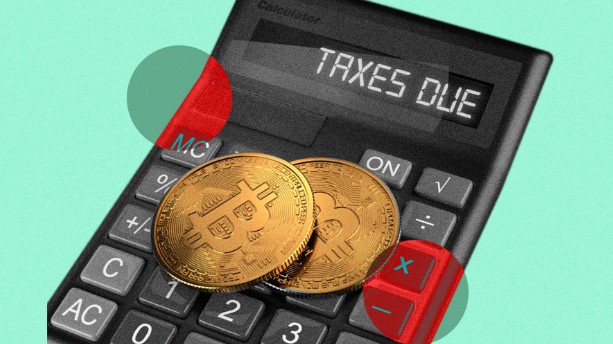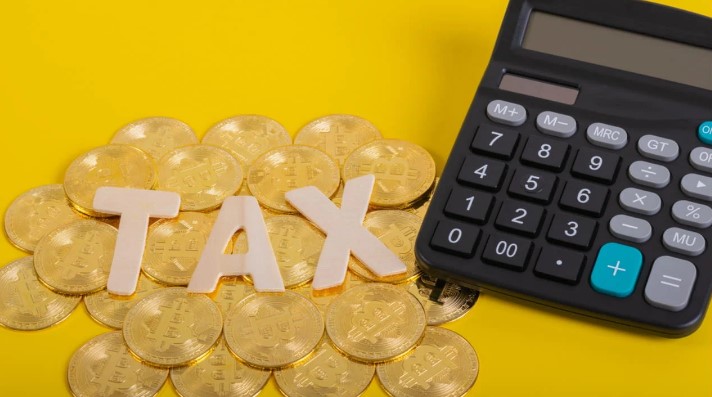Cryptocurrency is often treated as property for tax purposes, and so, realizing gains from crypto transactions may result in a capital gains tax liability. However, with astute planning, there are legal ways to reduce, or even avoid, this tax.
One such strategy involves holding your crypto investments for at least one year before selling. This can qualify you for long-term capital gains rates, which are often lower than short-term rates. In this article, we will discuss about “How to Avoid Capital Gains Tax on Cryptocurrency?” in details. Keep reading!
Cryptocurrency Tax Deductions

Indeed, certain expenses related to your cryptocurrency investments can be deductible. For instance, costs for mining equipment or electricity may qualify as business expenses if you mine cryptocurrency.
Additionally, if you experienced capital losses from your crypto trades within a tax year, these losses could offset capital gains from other investments, reducing your overall tax liability.
Capital Gains Tax Exemptions for Cryptocurrency

Certain situations allow for capital gains tax exemptions. For instance, gifting cryptocurrency to a friend or family member often does not trigger capital gains tax. However, the recipient might be liable for taxes when they sell or trade the gifted crypto.
Cryptocurrency Tax Planning

While many crypto investors wonder about the possibility of using like-kind exchanges to defer capital gains tax, it’s essential to note that, as of 2018, the IRS has clarified that like-kind exchanges only apply to real estate transactions.
As for holding periods, remember that holding your cryptocurrency for at least one year can yield more favorable long-term capital gains tax rates.
Offshore Tax Strategies
Some cryptocurrency investors consider offshore tax strategies to mitigate their capital gains tax liability. While moving your assets to a crypto-friendly country might seem appealing, it’s crucial to understand that these strategies can be complex and fraught with potential legal issues.
Remember, tax evasion is illegal, and penalties can be severe. Therefore, it’s always recommended to seek professional advice before engaging in offshore tax strategies.
How Can I Handle Tax Implications of Selling Cryptocurrency?
Proper tax planning and accurate record-keeping are essential when selling cryptocurrency. It’s vital to keep track of your cost basis (the original value of an asset for tax purposes), as well as the sale price, to correctly calculate your capital gains.
Utilizing specialized cryptocurrency tax software can streamline this process, providing automated calculations and generating necessary tax reports.
Can Cryptocurrency Gifts Mitigate Tax Consequences?
Gifting cryptocurrency is a strategy that could potentially mitigate your tax consequences. The recipient of the gift assumes your cost basis and holding period. Therefore, this strategy could be beneficial if the recipient falls into a lower tax bracket than the giver.
Mitigating Capital Gains with Capital Losses
An effective strategy involves offsetting your capital gains from cryptocurrency with capital losses from other investments. This process, known as tax-loss harvesting, can help reduce your overall tax liability.
However, it’s important to be mindful of the IRS’s “wash-sale” rule, which prevents you from claiming a loss on a sale of securities if you buy the same or “substantially identical” securities within 30 days before or after the sale.
Avoiding Penalties

The IRS has made it clear that failure to report capital gains from cryptocurrency transactions can result in penalties. These penalties may include interest on unpaid taxes and even legal repercussions.
To avoid this, ensure you accurately report all your cryptocurrency transactions. Engage the services of a tax professional familiar with the nuances of cryptocurrency if you’re unsure.
Embracing Crypto Individual Retirement Accounts (IRAs)
A lesser-known but effective way to mitigate capital gains tax on cryptocurrency is through a Crypto Individual Retirement Account (IRA). A Crypto IRA functions like a traditional IRA, but instead of holding paper assets, it holds cryptocurrency.
Using a Crypto IRA offers the advantage of tax-free growth. Any profits from trades within the account grow tax-free, and you only pay taxes upon withdrawal. Moreover, if you choose a Roth IRA, even withdrawals can be tax-free if you follow certain rules. This approach requires careful planning, but it can be a highly effective way to grow your crypto investments.
Donating Cryptocurrency to Charity
Donating your cryptocurrency to a registered charity can be another efficient strategy to reduce your capital gains tax liability. If you’ve held your crypto for over a year, you can deduct its full fair market value and avoid paying capital gains tax. It’s a win-win strategy: You lower your tax bill, and your favorite charity benefits from your donation.
Cryptocurrency Tax Harvesting
As mentioned before, tax-loss harvesting can help to offset your capital gains tax on cryptocurrencies. This strategy involves selling your cryptocurrencies that are in a loss position to offset the capital gains from profitable sales. The IRS allows you to offset up to $3,000 of other income if your losses exceed your gains.
Leveraging Tax-Advantaged Accounts
Another tax-efficient way to hold cryptocurrencies is within tax-advantaged accounts, like a self-directed IRA or a Solo 401(k). These accounts allow the tax-free buying and selling of cryptocurrencies, with taxes due only upon distribution.
In the case of Roth versions of these accounts, distributions can be entirely tax-free, given certain conditions are met. However, it’s important to understand that these accounts involve complex rules and penalties for non-compliance, so be sure to work with a tax advisor or a firm specializing in these types of accounts.
Specific Identification
If you hold multiple positions in a particular cryptocurrency, acquired at different times and at different prices, you can use a strategy called “specific identification”.
Instead of defaulting to the typical “first-in-first-out” (FIFO) method of selling assets, you can identify specific coins for sale. By selling those coins that were purchased at higher prices or have declined in value, you can minimize the capital gains realized, and hence reduce your tax liability. This strategy requires meticulous record-keeping and potentially sophisticated software to track your positions.
Also Read: Prayer of Healing 5e | DnD Spell Guide – Arcane Eye
Conclusion
Cryptocurrency presents a paradigm shift in how we perceive and handle money. However, this shift brings with it a new landscape of tax implications. By understanding and properly implementing the strategies mentioned in this guide about “How to Avoid Capital Gains Tax on Cryptocurrency?”, you can potentially reduce your tax liabilities and maximize your profits from your cryptocurrency investments.
The world of cryptocurrency taxation is complex and ever-changing. It’s always advisable to consult with a tax professional to understand the best strategies tailored to your specific circumstances. This way, you can continue to safely and confidently navigate the exciting journey of cryptocurrency investing.

